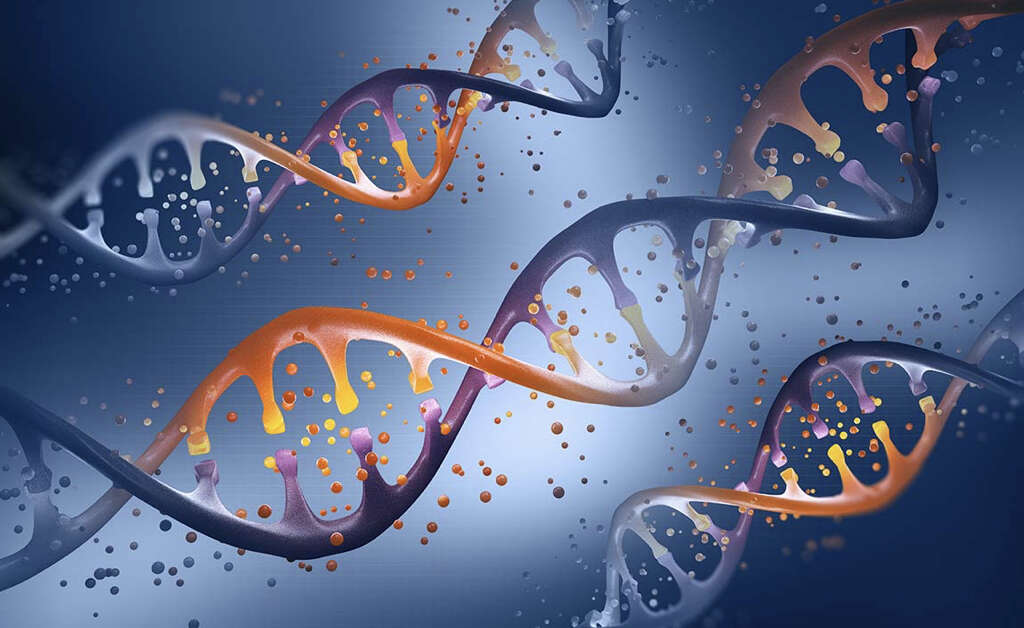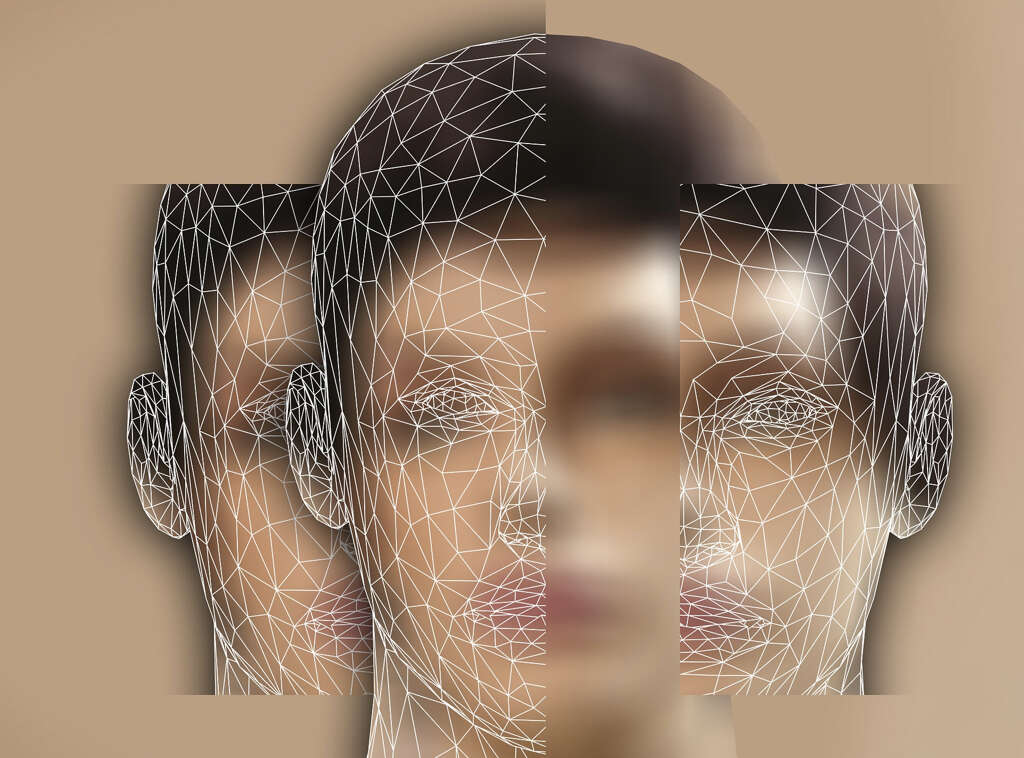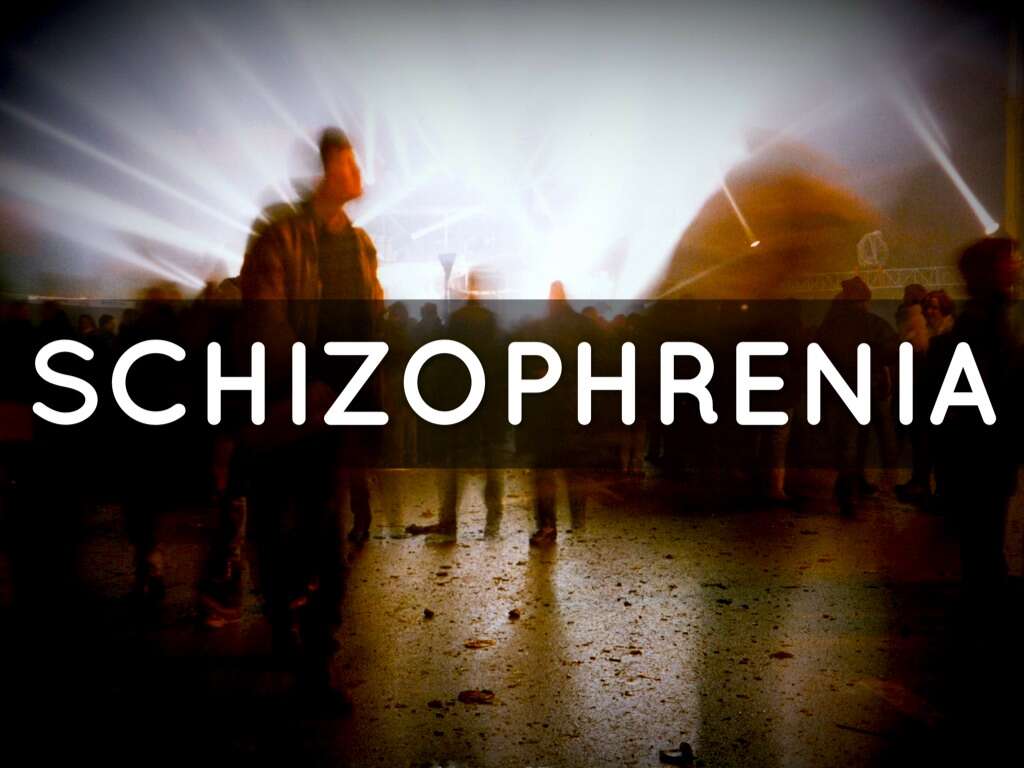What Is Schizoid Personality Disorder?
 Article Sources
Article Sources
- 1. The Mayo Clinic. (n.d.). Schizoid personality disorder. Retrieved November 14, 2020, from https://www.mayoclinic.org/diseases-conditions/schizoid-personality-disorder/symptoms-causes/syc-20354414
- 2. Grohol, J.M. (2020, Jan. 14) Schizoid Personality Disorder. Psych Central. https://psychcentral.com/disorders/schizoid-personality-disorder/
When you hear the word schizoid, it may bring to mind someone with a split personality. However, this is not the case. A person who is diagnosed with schizoid personality disorder may never have a single hallucination.1The Mayo Clinic. (n.d.). Schizoid personality disorder. Retrieved November 14, 2020, from https://www.mayoclinic.org/diseases-conditions/schizoid-personality-disorder/symptoms-causes/syc-20354414 Instead, they may prefer to remain alone rather than interact with other people.
While the condition is uncommon, you or someone you know may suffer from it for years without ever knowing. The signs and symptoms are typically not extreme, and its diagnosis usually only comes on the heels of another more common condition, such as depression or generalized anxiety disorder.

1. Causes
At the present time, there is no known cause of schizoid personality disorder. Unlike other mental health conditions, such as depression, little is known about what may cause some people to suffer from personality disorders.
There is disagreement in the medical community over whether personality disorders result from the environment a person is raised in, traumatic experiences, or genetic. Someone with schizoid personality disorder likely has a genetic predisposition to it.

2. Risk Factors
Some mental health conditions carry more risk factors than others. For people with schizoid personality disorder, the only noteworthy element that may put them at a higher rate of occurrence is if a close genetic relative also has it.
A tumultuous or particularly stressful childhood and upbringing may result in a person developing schizoid personality disorder. The nature versus nurture theory applies to many mental health conditions that are categorized as personality disorders.

3. Transmission
A personality disorder evolves and takes shape over a person’s lifetime. Some data indicates if a blood relative suffers from something such as schizoid personality disorder, the likelihood is greater you may too.
Personality disorders are not directly transmitted through contact with someone who has one. The leading theory is that it may occur partly due to genetics and partly due to life experiences.

4. Diagnosis
Personality disorders are diagnosed based on patterns. Because of this, someone with schizoid personality disorder may not get a proper diagnosis until adulthood. If a younger person exhibits the signs and symptoms for at least one year, a mental health professional may reach this diagnosis.2Grohol, J.M. (2020, Jan. 14) Schizoid Personality Disorder. Psych Central. https://psychcentral.com/disorders/schizoid-personality-disorder/
There is no blood test that can detect a personality disorder. It is diagnosed due to self-reported behavior or observations from medical professionals. Some patients who are diagnosed with schizoid personality disorder may enter treatment for another more prevalent mental health condition and wind up with a diagnosis of schizoid personality disorder.

5. Signs & Symptoms
There are a few telling signs that a person may have schizoid personality disorder. The most prominent is the absence of any close relationships. This includes family members and romantic relations. A person who prefers to be alone and prefers to live a solitary existence may be diagnosed with schizoid personality disorder.
Another telling sign is a lack of emotion and outright detachment. A person who never voices excitement, either in words or tone, may be more prone to being schizoid. People who lack a desire for sexual experiences with others may also get the same diagnosis.

6. Complications
Personality disorders may make life difficult for others, more so than the one with the diagnosis. For those interacting with a person with schizoid personality disorder, it may be frustrating. Since there is not much emotional feedback provided, it is difficult to understand if someone with a schizoid personality disorder is satisfied or unhappy.
This distance between emotions creates a physical distance. While this is preferable to the person with the diagnosis, it makes things such as work more challenging for others. Depending on the profession, however, a person with schizoid personality disorder may thrive.

7. Treatment & Management
Only a mental health professional, such as a psychiatrist or psychologist, can properly diagnose and treat a schizoid personality type. Cognitive and behavioral therapy may prove helpful in attempting to assist a person with the diagnosis to assimilate into a more socially structured life.
More men than women are diagnosed with a schizoid personality. Some studies also suggest that as the brain ages, the symptoms that negatively impact the patient’s life will wane. Thus, a person diagnosed in their 20s may become more social decades later.

8. Prevention
There is no way a person can prevent a personality disorder, at least not in the conventional ways. With the leading theory lending doctors to the conclusion that someone with a personality disorder develops it as the result of environmental factors, there is no way to stop it.
While preventing the onset of schizoid personality disorder may not be possible for the person who has it, there are ways it can be managed once diagnosed.

9. Prognosis
Those diagnosed with a personality disorder may never be cured, but they may be able to manage the condition. A schizoid diagnosis is not one that signals an end to a person’s chances of achieving a fulfilling life.
With the proper therapy and prescription regime, a person may move away from the isolating behaviors that are the hallmark of the schizoid personality type. Group therapy, as well as individual counseling, may prove beneficial in leading the individual and those in their orbit down the path of behavior modification.

10. When to See a Doctor
You may have heard that your isolating tendencies are abnormal or weird. Perhaps you are a person who has never felt the need to go on a date or have a family. If you feel indifferent when you hear criticism or have no reaction when another person compliments you, it may be time to see a doctor.
While you can live a physically healthy life, your mental condition may cause you more harm as you age. Being unable to develop close interpersonal relationships may find you finally feeling alone and cause depression, even if you don’t understand the reasons behind it.
A person with a schizoid personality disorder is not dangerous or damaged. Their lack of emotional expression may be offputting, but it is not life-threatening. Since a person diagnosed with this type of mental health condition lacks emotional development, it does not typically lead to suicide or homicidal ideations.
If you or someone you care about believes the signs and symptoms of a schizoid personality disorder sound familiar, it may be time to seek professional treatment. Even if you do not have the emotional desire for pleasure or attachment now, that will undoubtedly change as you age. Thus, getting a proper diagnosis and becoming educated with the tools for managing the disorder may ensure you put the work in now that will enable you to experience the joys and sorrows of life others around you do.










